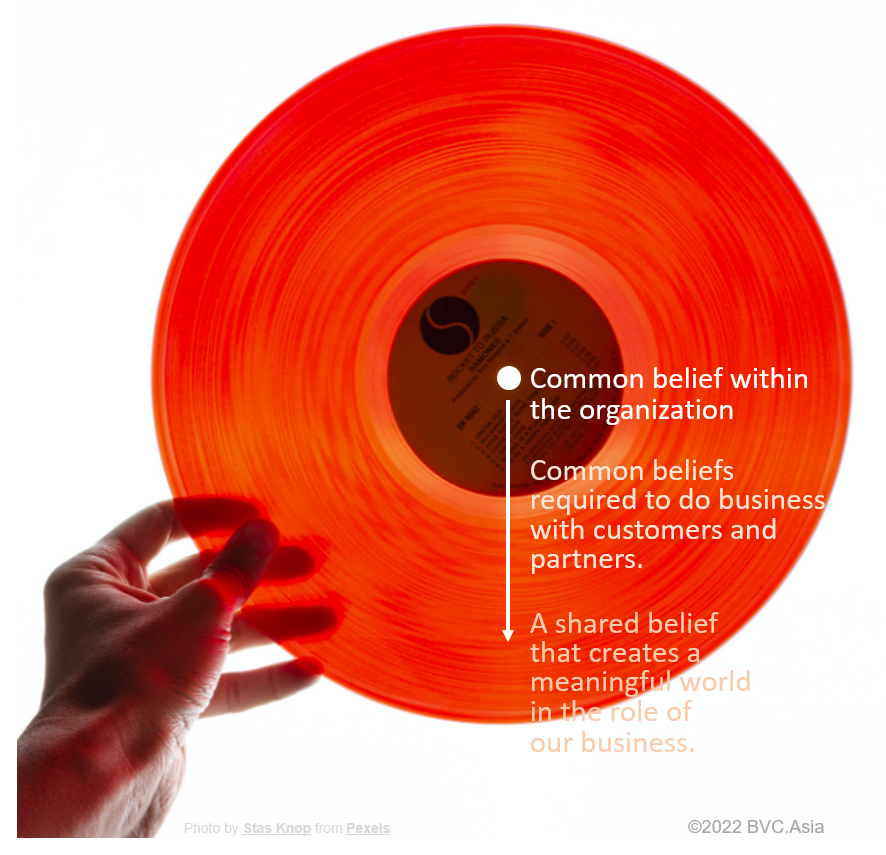“Values”, Sensitive Matters CEOs Should Aware
The COVID crisis has forced employees and executives to work from distinct locations, and employees start learning to work with a virtual team. Many corporate values focus on building beliefs in everyone in the company and tending to make decisions in the same direction to create consistency in work as well as to make it easier to manage change.
“Change happens faster than managing organizational change.”
Amornrat Suksayan
The key factor that makes corporate values is not just propaganda for leading organizational change or just a symbol of mass beliefs. But it is a crucial tool that leaders must apply by looking at the following “post-Covid” variables:
- Hybrid Workplace: Today’s workers don’t come together in real places every day. They have another private world that may shape their beliefs. In the past, we may only see differences in ethnicity or place of residence or professional beliefs, but today, their “family” is clearly contributing to their personal beliefs.
- Gender Diversity, Personal Taste and Self Confident: Preserving the individual right to believe something is an increasingly important concern for the new generation. Self-confidence is forged by a more expressive framework of self-confidence than any generation. Strategies for communicating values and making beliefs without coercion are especially important.
- Rapid business expansion or reduction: Core values in Asia emphasize stability and trust in the organization. “Unity” is the heart of success in many organizations. The volatility of mergers and acquisitions or even business dissolution/expansion creates situations that are contrary to the values that leaders are trying to refer to.
- Multiple Core Values: Employees in a temporary contract that hold the values of the parent organization.
Transformational trends require organizations to share common values that enable them to cope with business challenges in a way that people in their organizations feel empowered and believe they are always doing good for the organization.
Panit Thanya

However, having shared values seems difficult because the above factors clearly indicate that employees value individual values over shared values of the organization. The key is that leaders do not view corporate values as corporate values but view them as personal values of everyone.
